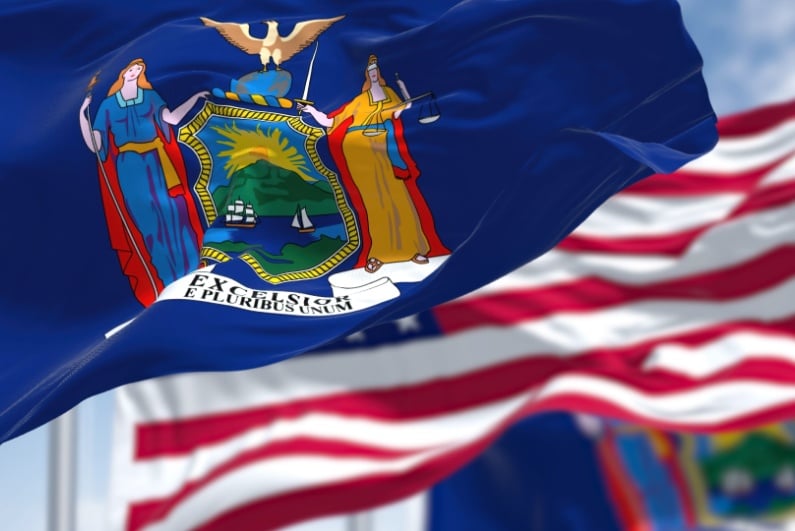30-second summary:
- Ireland has third-highest gambling losses globally
- The country lost, on average, $470 per adult through gambling
- Australia and Singapore took first and second place
- More needs to be done to curb problem gambling, says Sinn Féin politician
New data shows that Ireland has the third-highest gambling losses in the world, per person, pitching itself far ahead of America. That’s according to research from H2 Gambling Capital, a market data, intelligence, and bespoke consultancy.
Online has biggest losses
H2’s data, which looked at the biggest gambling losers in 2016, showed that Ireland lost around $2.2bn (€1,951bn, £1.7bn) that year, according to the Irish Sun, in an article written by Sinn Féin politician Louise O’Reilly. She is a Teachta Dála (a member of Dáil Éireann, the lower house of the Irish parliament) for the Dublin Fingal constituency.
For each Irish adult, that amounted to roughly $470 (€417, £364) on various forms of gambling. Out of non-casino gaming machines, casinos, traditional betting, lotteries, online gambling or other, online gambling was where around half of the gambling losses came from. Traditional betting came in second.
Losses globally
The countries taking first and second place for the biggest gambling losses per person were Australia and Singapore. In 2016, Australia saw a total loss of $18.3bn (£14.2bn), with non-casino gaming machines making up a significant majority of lost money. Per person that totaled, on average, around $990 ($768).
Singapore had gambling losses amounting to $5.9bn (£4.5bn), with casino gambling accounting for more than half of gambling losses that year. Per resident this was around $620 (£480).
Notably, even though America was the number one country to see the biggest loss, per person it was significantly lower. The data showed that per person this was around $420 (£326). At a national level, losses totaled $116.9bn (£90.8bn). However, for 2016, H2 estimated that the country bet $150b (£116.5b) on sports illegally.
“Stiffer” regulation needed
According to O’Reilly, it’s no longer a case of simply ignoring Ireland’s gambling problems. She wrote: “Despite what anyone will tell you, we are in the grip of a problem gambling crisis.”
She stated that even though H2’s survey ranked Ireland as the third country to have the biggest gambling losses per person in 2016, the exact figures aren’t known. O’Reilly put this down to the fact that the government hasn’t done a survey that would help to give people a complete picture. As a result, this hinders efforts to get the resources and support for those who need it.
She added: “Despite what the gambling industry will say and despite what ‘funny’ tweets or billboards they erect, we need stiffer regulation and we need it urgently. It might all be a bit of fun, but we cannot let that blind us to the real hardships caused by problem gambling.”
In a world where everything has become digital, it is now pretty easy to place a bet on a mobile phone without too much thought. With no money changing hands, O’Reilly notes, it’s understandable that many may forget it’s not just a video game.
“Combined with aggressive marketing, people are more susceptible than ever to developing problem gambling habits, particularly teenage boys and young men,” she said. “But these people are being failed by governments that have sat on their hands and done nothing.”
New rules on the way?
O’Reilly is not the only politician to blame the Irish government for the country’s gambling issues.
In January, we reported that Jack Chambers of Fianna Fail was placing the blame at the government’s feet for a rise in problem gambling in Ireland. Chambers noted that as the country doesn’t regulate gambling properly more young people were struggling with the issues it raises.
The current gambling laws are the Betting Act of 1931 and the Gaming and Lotteries Act of 1956. With these rules and regulations in need of updating, it’s hoped that Ireland will see new changes to gambling regulations by 2020.




